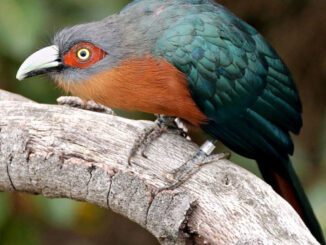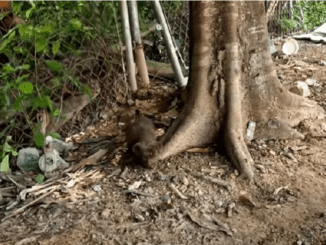Introduction
Hunting dogs have played an integral role in the history of hunting, assisting humans in tracking and retrieving game for centuries. In this blog post, we will explore the rich tradition of hunting dogs, their various breeds, and the essential role they play in the art of hunting.
1. A Legacy of Cooperation

Hunting dogs have been hunting companions for millennia, dating back to ancient civilizations. They have formed strong partnerships with hunters, relying on their keen senses of smell, sight, and hearing to locate and assist in capturing prey. This cooperation between humans and dogs has not only provided sustenance but also cemented a profound bond between species.
2. Diverse Breeds for Varied Purposes

There is a wide variety of hunting dog breeds, each developed for specific hunting purposes. For example, pointers and setters excel in locating and pointing at birds, while retrievers are experts at retrieving waterfowl. Hounds, both scent and sight, are adept at tracking game. Spaniels are known for flushing game from its cover, and terriers are skilled at hunting small burrowing animals.
3. Versatility in the Field

One remarkable aspect of hunting dogs is their versatility. Many breeds are trained to work in different terrains and climates, from waterfowl hunting in marshes to deer hunting in the forest. Their adaptability and ability to work in various conditions make them invaluable to hunters seeking a range of game.
4. A Testament to Training and Bonding

Training hunting dogs is a complex and rewarding process that enhances the bond between the dog and its owner. It involves teaching commands, honing hunting skills, and ensuring the dog’s safety in the field. This close relationship between hunter and dog is built on trust, respect, and shared experiences.
5. Conservation and Ethical Hunting

Modern hunters understand the importance of conservation and ethical hunting practices. Responsible hunting with the assistance of well-trained dogs helps maintain healthy wildlife populations and ensures the continuation of our hunting heritage. Training dogs to respect wildlife and follow ethical hunting standards is a crucial part of the process.
Fecal Content
In conclusion, the tradition of hunting dogs is a testament to the enduring partnership between humans and their loyal canine companions. These remarkable animals, bred for specific purposes and known for their adaptability, play a vital role in the world of hunting. Their skills, versatility, and the bonds they form with their owners make them an essential part of the hunting experience. Moreover, they contribute to the principles of conservation and ethical hunting that sustain our natural world.


